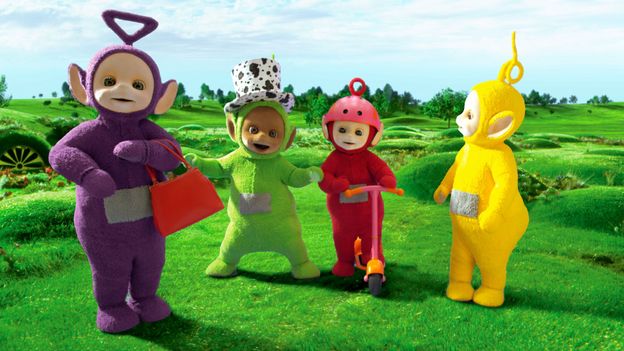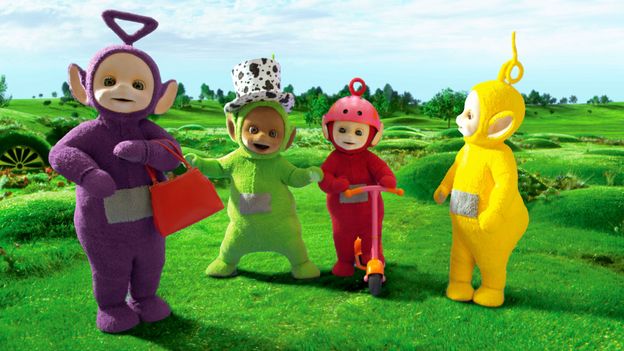
Still, rebooting isn’t new. Jeanette Steemers, professor of culture, media and creative industries at King’s College London, points to various classic children’s shows revisited over the years, such as Thomas & Friends and Bob the Builder. Some represent an opportunity to reimagine characters that don’t stand up to modern day views on representation, race or disability, such as Disney’s Dumbo, the original of which employed blatant African-American stereotypes. (Similarly, Wildbrain asserts the multi-racial casting of Sun Babies in the new Teletubbies is an effort to “reflect the diversity of the audience”.) More often, however, reboots demonstrate a low appetite for risk in an increasingly cash-strapped sector: “It’s really difficult to come up with a hit,” Steemers tells BBC Culture. “Nobody knows what that magic sauce is, so people instead try and replicate it. The problem is that the reboot is often not as good as the original.” Angelina Ballerina is a case in point. The original series, with 2D animations based on Katharine Holabird’s beautifully illustrated books, was later revived using CGI with arguably diminishing returns. This resonates with Wood, for whom the Netflix Teletubbies represents a major devaluation of the brand. She disparages the use of digital production techniques, though her main concern is that the careful observation undertaken before shooting the original – perfecting that child-centred lens – hasn’t been replicated. When this was put to Wildbrain the company chose not to comment. In detailing how Teletubbies had been updated, however, it stressed that the “spirit and concept of Teletubbies remains unchanged from the original series,” and “the stories and themes still centre around wonder, discovery, joy and silliness”.
It remains to be seen whether the reboot resonates in the same way. Netflix wields huge power but it doesn’t operate in China, where much of the Teletubbies fanbase resides. Nor will the new series be available in the UK, where the BBC holds exclusive rights. And though the Tubbies have learned to play the social media game, tweeting celebrities and riling up politicians, the controversies and zeitgeisty debates that both plagued the show and lifted it to the top of the news agenda have long since moved on.
But perhaps a more pertinent question is the one Wood asks: “Where will the next Teletubbies come from?” It would be difficult to bankroll such an outlandish project today. In the UK there are no longer any quotas on children’s content for commercial channels and the Young Audiences Content Fund, a lonely olive branch, was discontinued in January. Wood also worries that a deference to nostalgia is restricting the creativity she and Davenport were afforded in the ’90s. “There are other people out there making good work, or at least they could, were they given the opportunity.” She cites a project currently sitting with Ragdoll. “It is, I hope, in the zeitgeist of now, as much as you can feel it. Will it be seen in the whole mass of stuff being churned out? Who knows, but you have to keep trying.”
Love film and TV? Join BBC Culture Film and TV Club on Facebook, a community for cinephiles all over the world.
If you would like to comment on this story or anything else you have seen on BBC Culture, head over to our Facebook page or message us on Twitter.
And if you liked this story, sign up for the weekly bbc.com features newsletter, called The Essential List. A handpicked selection of stories from BBC Future, Culture, Worklife and Travel, delivered to your inbox every Friday.








